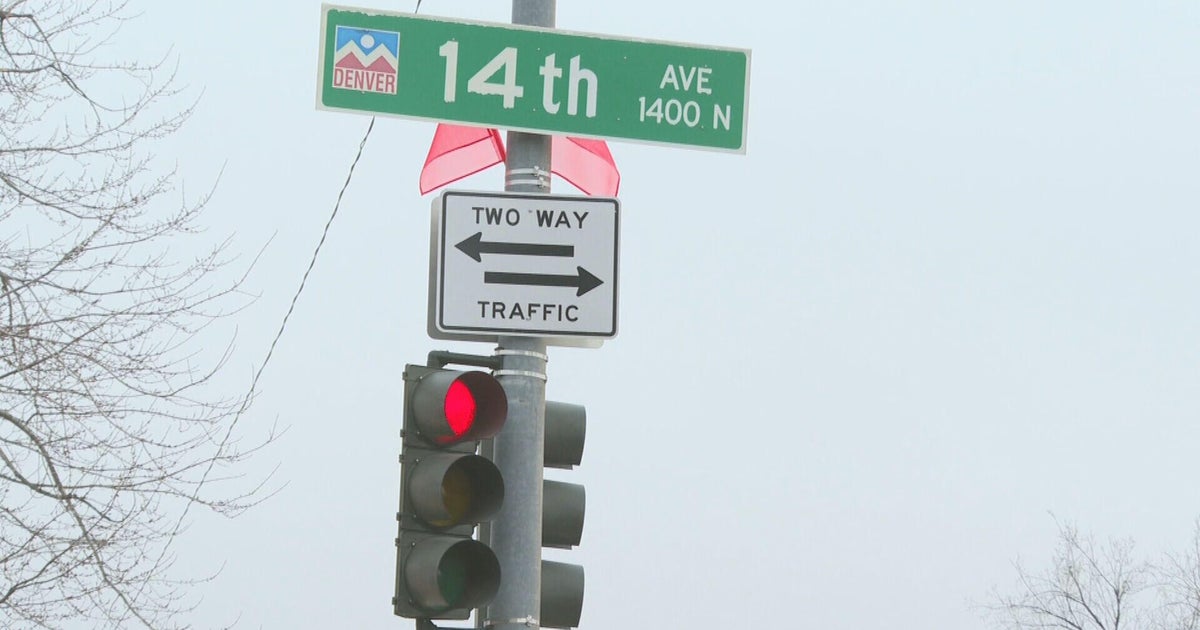Chicago food pantries stretched thin helping migrants
CHICAGO (CBS) -- As city leaders consider those tens of millions of dollars in funding, food pantries are stepping in to feed asylum seekers.
And now, those pantries are stretched thin by rising demand for help. As CBS 2'S Marissa Perlman reports, for the first time, one is putting a cap on clients.
Outside El Mercadito in Humboldt Park, on any given Tuesday morning, you'll find a long line down North Avenue waiting for a food pantry to open.
"There are so many countries in crisis and people are trying to help."
Jenn Allman of Nourishing Hope said many of these families are new arrivals from Central and South America who show up in hopes of snagging a box or a bag of fresh food.
But here, resources are running thin.
"The toughest thing to keep on the shelves has been eggs. We all know prices have gone up."
Pantry manager Omar Roman is on the front lines. His job is trying to keep these shelves full.
"We've seen an influx going up, and it's been bigger and bigger families," Roman said.
The city has said more than 8,000 migrants have come to Chicago over the last year. The number of new clients has doubled at this pantry from 11,000 to 22,000 over the last fiscal year.
"The federal cut of SNAP emergency benefits has really effected us. Inflation and food prices is a huge cost to our operation," said Allman.
And for the first time, the pantry has had to put a limit on the number of clients they serve at this location. Now, no more than 150 every day.
"When we reach the cap at each day, it's difficult. It's very, emotionally difficult to tell someone we can't help you in the way we want to," said Allman.
"Food pantries are really making resources out of bubblegum and toothpicks."
And at the Pilsen Food Pantry, Doctor Evelyn Figueroa said they too are feeling the strain, serving more than 200 migrant households every month since September when families first started arriving in Chicago.
She said families shouldn't be dependent on food pantries.
"Food insecurity is a problem with a solution. And I really hope we use the crisis of right now to make innovative solutions to solving this," Figueroa said.
The city has so far spent about $20 million a month to care for migrants. Both food pantries are looking for volunteers and for monetary and food donations.







